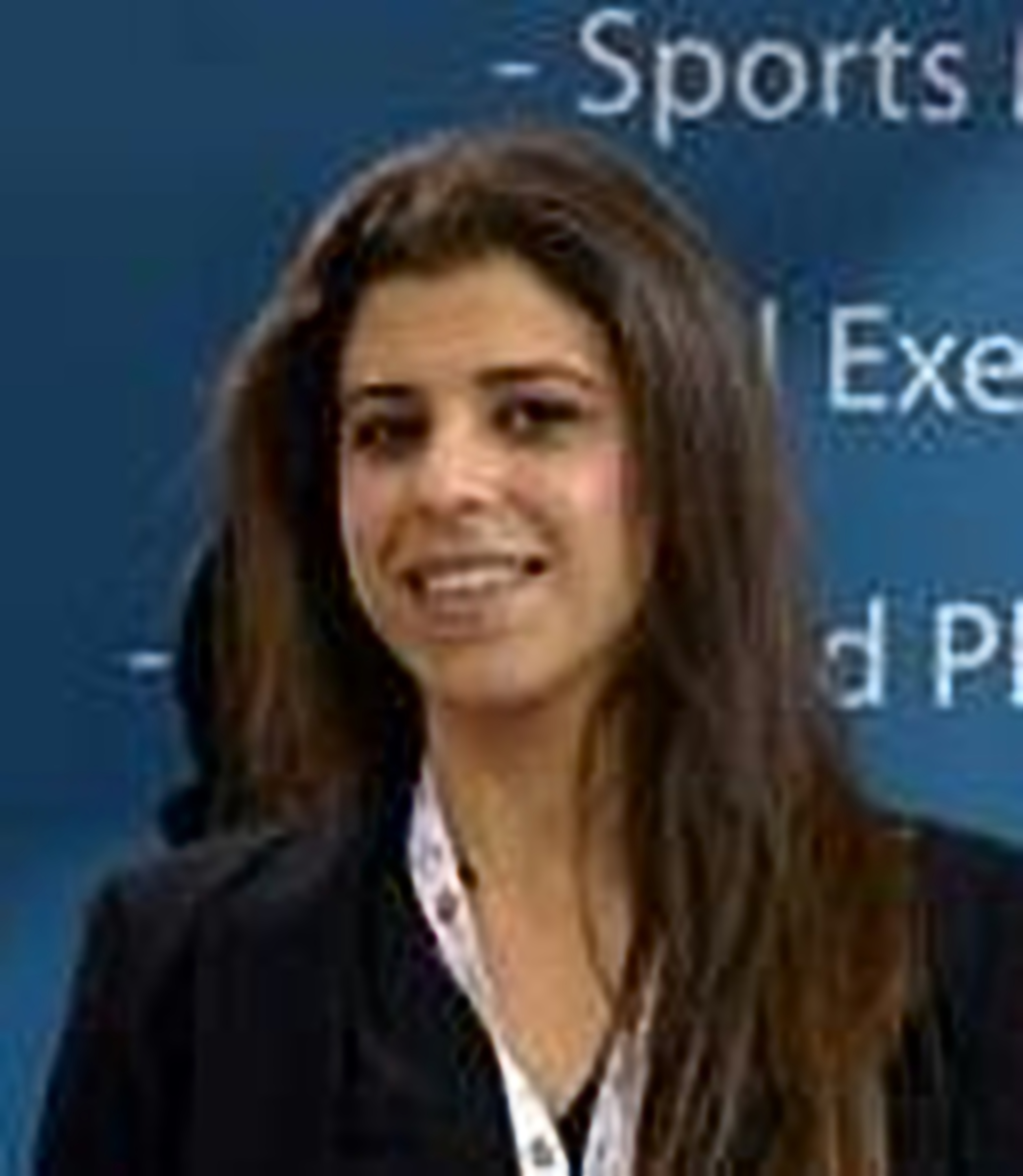Basic knowledge of the development and learning processes are content of this course. It will offer current theories and principles explaining motor behavior in general, and motor skill acquisition and performance related to sport in particular. This course deals with learning theories, information processing, motor control and motor skill learning and emphasizes why and how children and adults learn and perform motor skills.
Teaching
Qatar University (2013 - present)
Motor Learning
Biomechanics and Movement Analysis
This course will develop trainees’ theoretical foundation of biomechanics and other ways of analyzing movements, physical activities and motor control. The course covers essential and practical knowledge of physiological changes associated with performance and mechanical principles and physical laws that govern human movement and sport. Intensive study will be devoted to analysis of fundamental and complex motor skills and to the use of these skills in performance and sports.
Research Methods in Exercise Science and Health
Quantitative and qualitative research approaches to disciplinary areas in Sport Science. Topics include methods and design, measurement issues, analysis and interpretation of literature and analytical procedures used in research.
Exercise and Metabolism
This course will refer to the interrelation between exercise and metabolism with regard to various kinds of exercise and different levels of intensity, duration, and frequency. Different target groups are considered.
Exercise Physiology I
To understand essential facts and fundamental concepts of physiological functions of the human body during physical activity and exercise, in children, adolescents and adults to include cardiovascular, respiratory, muscle and neurological control of movement, hormonal and basic biochemistry of exercise in hypobaric and hyperbaric environments, ergogenic aids and performance, sports nutrition, control and maintenance of body weight, sex differences, cardiovascular disease, metabolic diseases and physical activity.
Exercise Physiology II
To understand facts and concepts of physiological functions of human body during physical activity and exercise, in children, adolescents and adults to include cardiovascular, respiratory, muscle and neurological control of movement, hormonal and basic biochemistry of exercise in hypobaric and hyperbaric environments, ergogenic aids and performance, sports nutrition, control and maintenance of body weight, sex differences and cardiovascular disease, and physical activity.
Exercise and Aging
This course deals with knowledge about personal and social aspects of aging. Included are typical diseases and their consequences for physical activity and sport. Furthermore the course offers basic information on the psychology of old age and aims and tasks of sport for seniors, basic principles of the theory of training of sports for seniors. Main emphasis of practical experience: planning, conduction and evaluation of fitness programs for aged people (people advanced in years).
Exercise, Obesity and Diabetes
Etiology of obesity, genetic, and environmental variations. Etiology of diabetes, genetic, and environmental factors. Body energy stores in children and adults. Understanding and theory of obesity and diabetes, knowledge of physiology and pathophysiology. Application of physical activity with regard to obesity, and the role of exercise in management of obesity. Application of physical activity with regard to diabetes, and the role of exercise in the treatment of diabetes. Theoretical, practical, laboratory experiences, to calculate energy intake and energy expenditure
Testing and Exercise Prescription
Strain and load-bearing capacity (maximum resilience) of human hard and soft tissues in sport activities Epidemiological aspects of sport injuries with special focus on typical injury mechanisms Preventive and rehabilitary interventions. Causes of motor dysfunction (disorder) and their neuro-physiological characterization. Epidemiological aspects of bad posture and damaged posture with special interest on lack of Physical activity and wrong loading, preventive effect of physical activity and sport and the aspect of the functionality of the human movement apparatus. Test batteries to analyze neuromuscular deficits (maximum strength tests, muscle function tests), preventive training methods. (training of strength, coordination and flexibility) and movement strategies to prevent / improve deficits or overstrain; special. Programs for low back training.
Sport Science Project (Senior Project)
Students will experience how to organize and run a sport science project. Such project gives the students the chance to experience the whole life cycle of development, design as well as experiencing effectively the realization of a sport science project.
Paris-Sud University (2009-2013)
Scientific Pre-Requisite for Biomechanics
Mathematical basis for biomechanics.
Biomechanics
Practical foundation for biomechanics (kinetics and kinematics).
English
English as a second language.
Physiological Adaptations to Exercise Training
Physiological adaptations to Exercise for specific populations (persons with disabilities, chronic diseases, obesity and elderly)
Physiological Determinants of Performance
Physiological determinants of athletic performance.
Methods, Tools, Evaluation and Development of Physical Fitness
Testing and Exercise Prescription.
